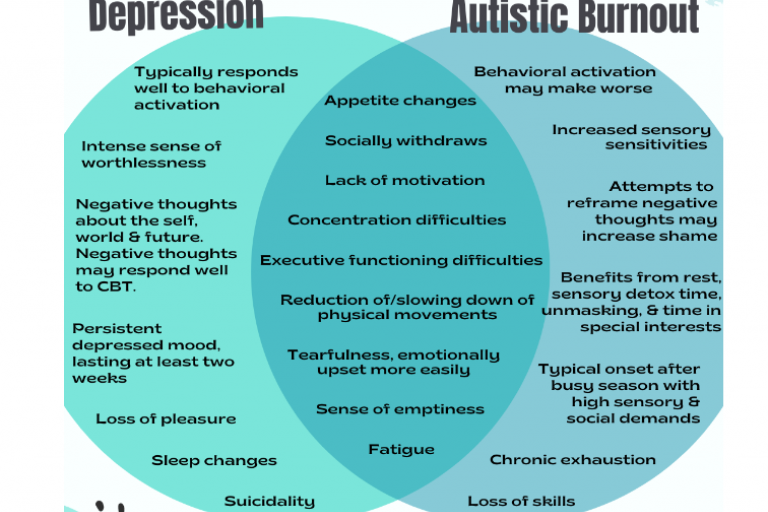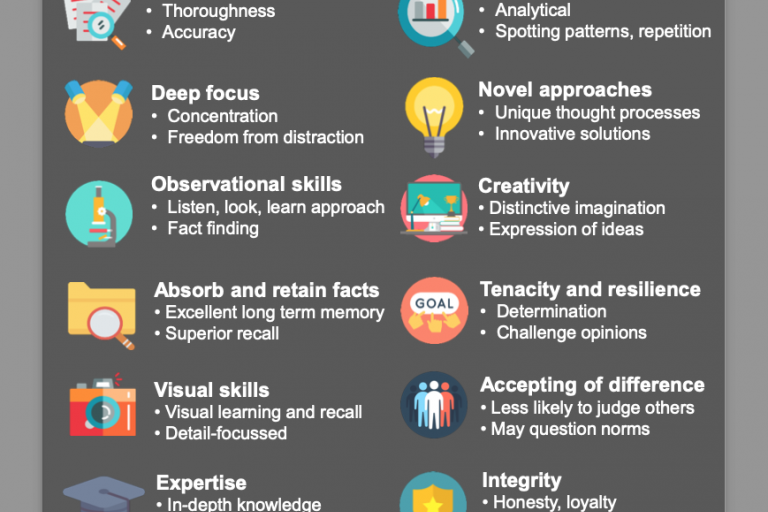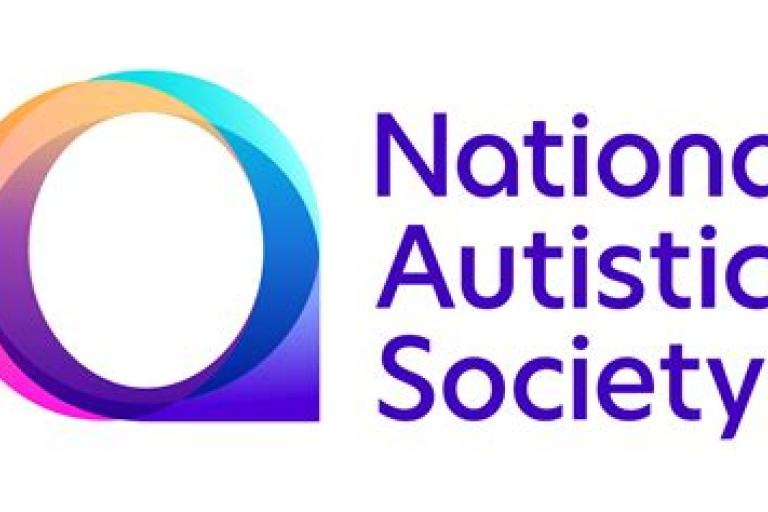Overview of autism
Around one in 100 people have autism. It is often found alongside SpLDs such as dyslexia, dyspraxia and ADHD. Autism can involve challenges with:
- social interaction and communication
- restricted and repetitive interests
- sensory overload
- anxiety and mental health.
There are also many strengths associated with autism, including:
- deep focus and attention to detail
- good analytical skills and ability to spot patterns
- creative, innovative thinking
- integrity, determination and tolerance.
Common challenges faced by students with autism
- Learning information which is not explicitly taught.
- Transferring skills and knowledge from one situation to another.
- Picking up unwritten social rules when interacting with tutors and peers.
- Difficulty interpreting ambiguous and open assignment briefs correctly.
- Uncertainty about how to plan studies or how long to spend on a given task.
- The social skills necessary for group work, such as turn taking and negotiation.
- Last minute changes to schedules or plans.
- Difficulty tolerating background noise, lighting, crowding and other sensory elements.

Autism and other conditions: common overlaps
Venn diagrams showing the similarities, differences and overlaps between autism and other conditions such as social anxiety, OCD and depression.

The positives of autism
This poster from the University of Leeds highlights some of the common strengths of autistic people but urges us to remember that every experience of autism is unique.
See also: 15 successful people with autism who have inspired millions of people.

Getting a diagnosis of autism
This guide from the National Autistic Society explains how to get a referral from your doctor. (See also: Diagnosis pages.)
You might also find this Autism Spectrum Quotient Questionnaire useful.